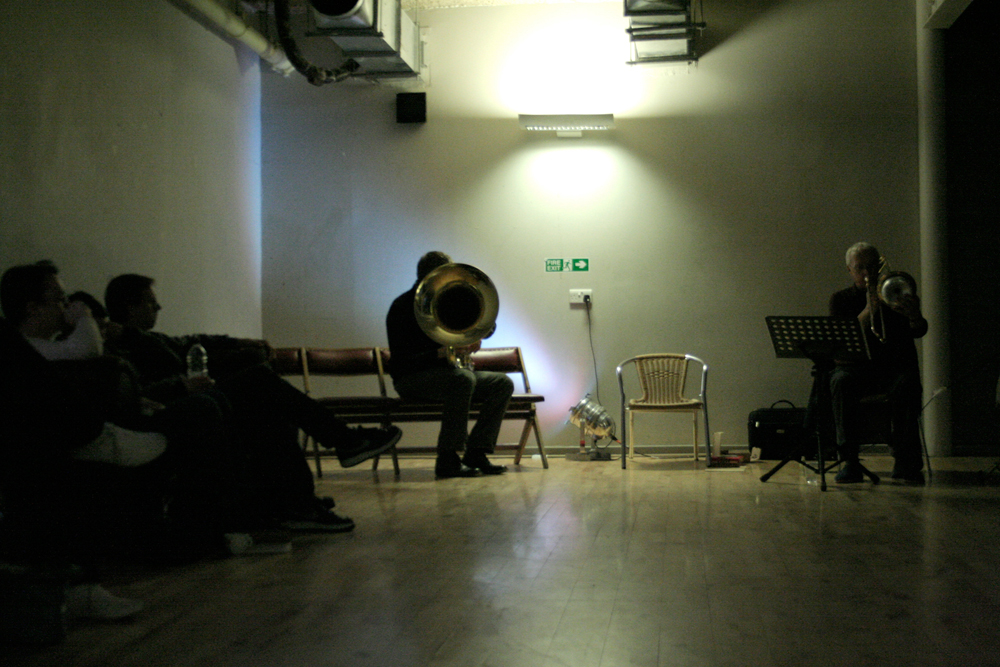
Wandelweiser
Antoine Beuger Manfred Werder Radu Malfatti
Expansive and considered, inclusive and deeply human minimalism: Antoine Beuger, Radu Malfatti, Manfred Werder.
Arika have been creating events since 2001. The Archive is space to share the documentation of our work, over 600 events from the past 20 years. Browse the archive by event, artists and collections, explore using theme pairs, or use the index for a comprehensive overview.

Expansive and considered, inclusive and deeply human minimalism: Antoine Beuger, Radu Malfatti, Manfred Werder.
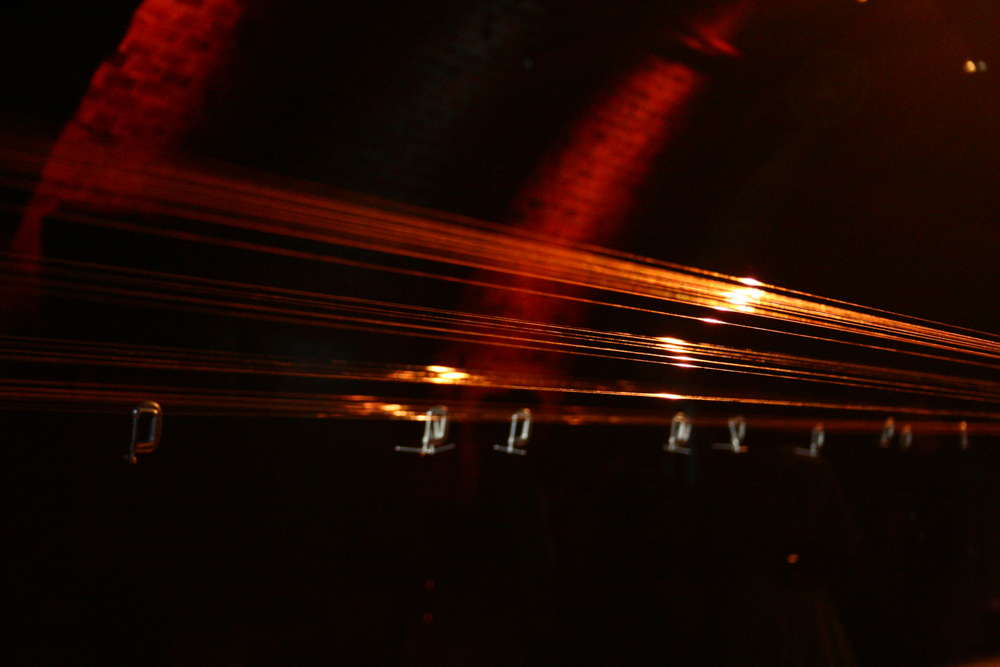
Long Stringed Instrument performance involving up to 100 wires strung in tension over a 40m arch.
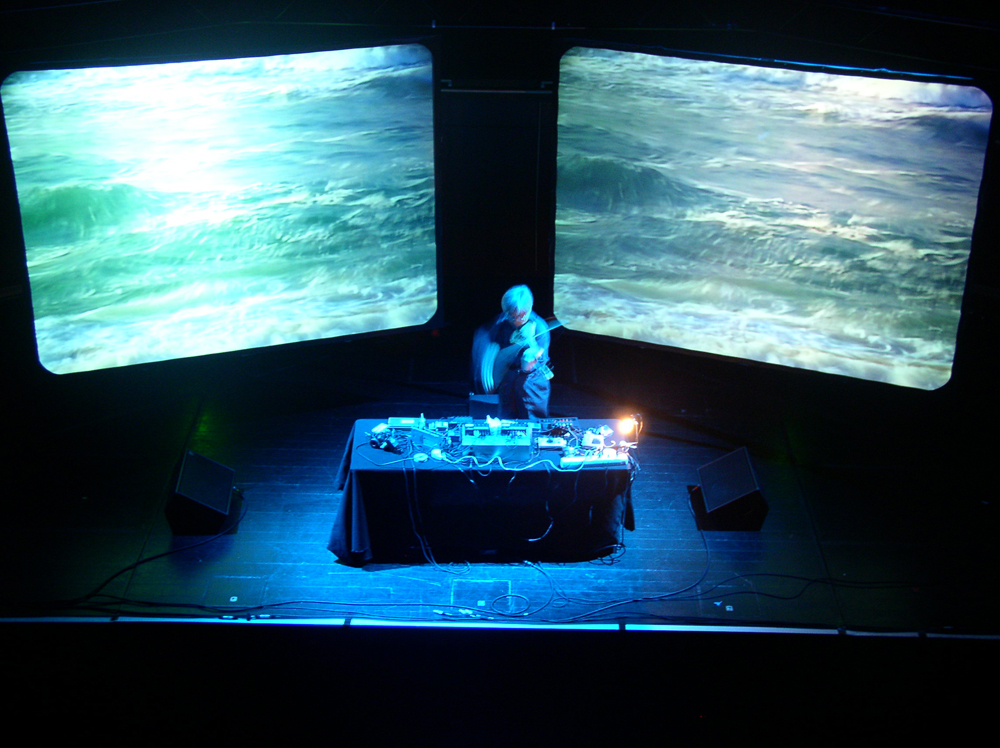
A new interpretation of Kosugi’s Catch-Wave, producing a cloud of fluctuating, hypnotic drones, in front of a backdrop of projected waves.
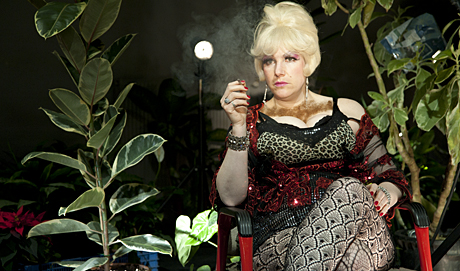
Trans-temporal drag, sexuality and the re-staging of illegible moments in history.
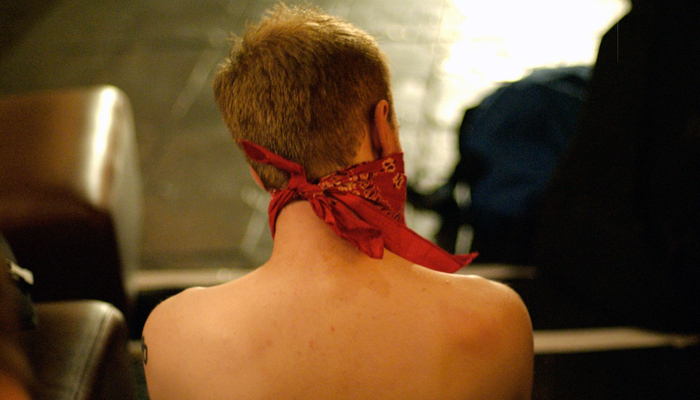
Thirty lucky Instal punters experience Kylie’s pre-match aggro workout one-on-one in the darkness of an Arches dressing room.

Tormented and drawn-out high-pitched yelps and drones, all interleaved with periods of torpid silence.

In the Foyer at the Tramway we will screen a documentary from the Sex Workers’ Festival of Resistance 2017 and La Llamada by Eduardo Restrepo Castaño.
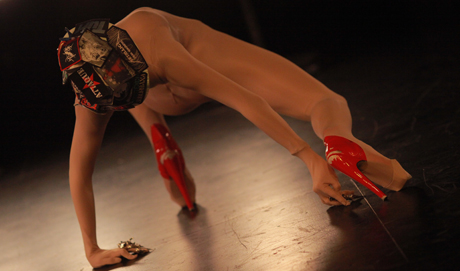
What would have happened in 1963 if someone from the voguing ball scene going on in Harlem had travelled downtown to perform alongside the early postmoderns at Judson Church?
Sean and Taku share an interest in structure, space and time. A spartan, abstract, considered and surprisingly musical set.

Noise music for the eyes. A 6 screen 16mm projection performance of intense audio and visual stimulus.
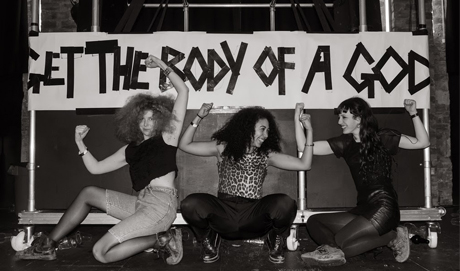
A movement-based workshop on Krump and the politics of how we teach, learn and listen with our bodies. Move with us!

A fulcrum to the Japanese noise scene, JOJO Hiroshige has been responsible for much of the explosion of free music coming from Japan in the last 30 years.